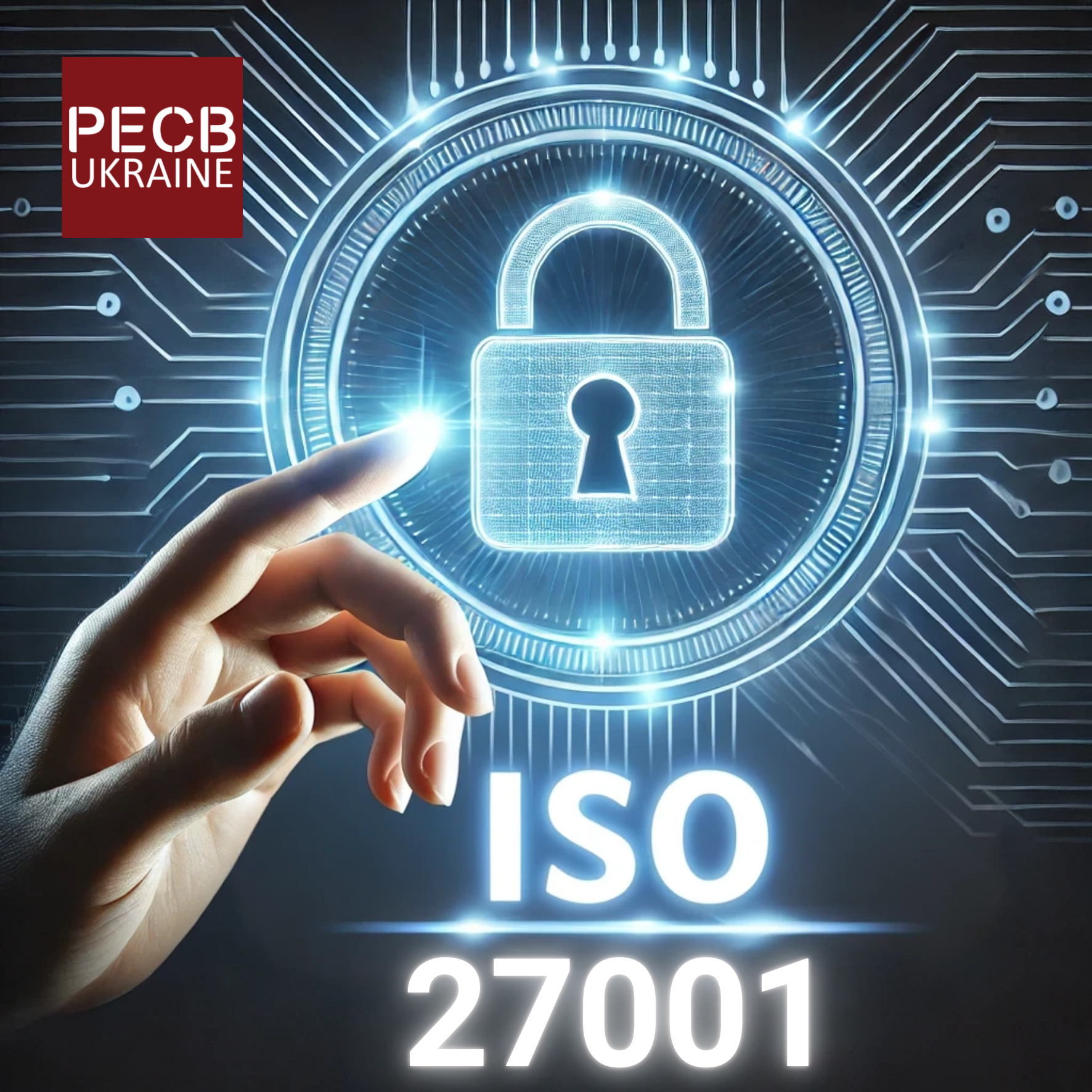
ISO 27001 Implementation: Step-by-Step Guide to Certification
- Categories Blog
Introduction: What is ISO 27001?
ISO 27001 is an international standard for information security management systems (ISMS). Its purpose is to safeguard the confidentiality, integrity, and availability of information within organizations. Implementing this standard helps minimize the risk of data breaches and strengthens overall information protection.
Why is ISO 27001 Implementation Important?
In today’s world, cybersecurity is a top priority for businesses. ISO 27001 ensures that your company follows best practices in managing information security. Key benefits of ISO 27001 implementation include:
- Data Protection: Enhances the security of customer and partner data.
- Competitive Edge: Demonstrates reliability and adherence to international standards.
- Legal Compliance: Meets regulatory requirements for data protection.
- Risk Mitigation: Identifies and reduces potential threats to information security.
Steps to Implement ISO 27001
Preliminary Analysis and Risk Assessment
Begin with an analysis of your company’s current security posture. This includes auditing information assets, identifying vulnerabilities, and assessing risks.Defining Policies and Procedures
After assessing risks, create policies and procedures to ensure security. These must comply with ISO 27001 requirements and cover all aspects of information handling.Implementing the Information Security Management System (ISMS)
At this stage, the company implements the necessary measures and tools to protect information, such as access controls and data encryption.Staff Training
Information security relies on every employee. It’s crucial to educate staff on how to handle information properly, follow security rules, and understand the importance of security practices.Audit and Certification
The final step is an external audit by a certification body. If everything meets ISO 27001 standards, the company is awarded the certification.
Common Challenges in ISO 27001 Implementation
- Understanding Standard Requirements: The ISO 27001 requirements can be complex. Expert guidance may be needed to clarify key aspects.
- Integration with Other Processes: Implementing the standard shouldn’t disrupt existing company processes.
- Resources and Time: Meeting ISO 27001 requirements requires significant human and financial resources.
Benefits of ISO 27001 Certification
Achieving ISO 27001 certification is a powerful tool for building trust in your business. It shows that your company is serious about security and is prepared to protect customer and partner data. Certification not only enhances your company’s reputation but also attracts new clients.
Conclusion
Implementing ISO 27001 is a critical step in securing your company’s information. By adhering to the standard, you not only protect your data but also gain a competitive advantage in the market.
You may also like
The European digital landscape is evolving at an unprecedented pace, bringing both immense opportunities and sophisticated challenges. For professionals and organizations alike, staying ahead means continuously upgrading skills, particularly in the critical domains of cybersecurity, EU regulatory compliance, and Artificial …
The Importance of Implementing ISO Standards
The Importance of Implementing ISO Standards Implementing ISO standards is not just about making your company look good on paper. They form the foundation for long-term success and sustainable growth. Here are a few key reasons why adopting ISO standards …

